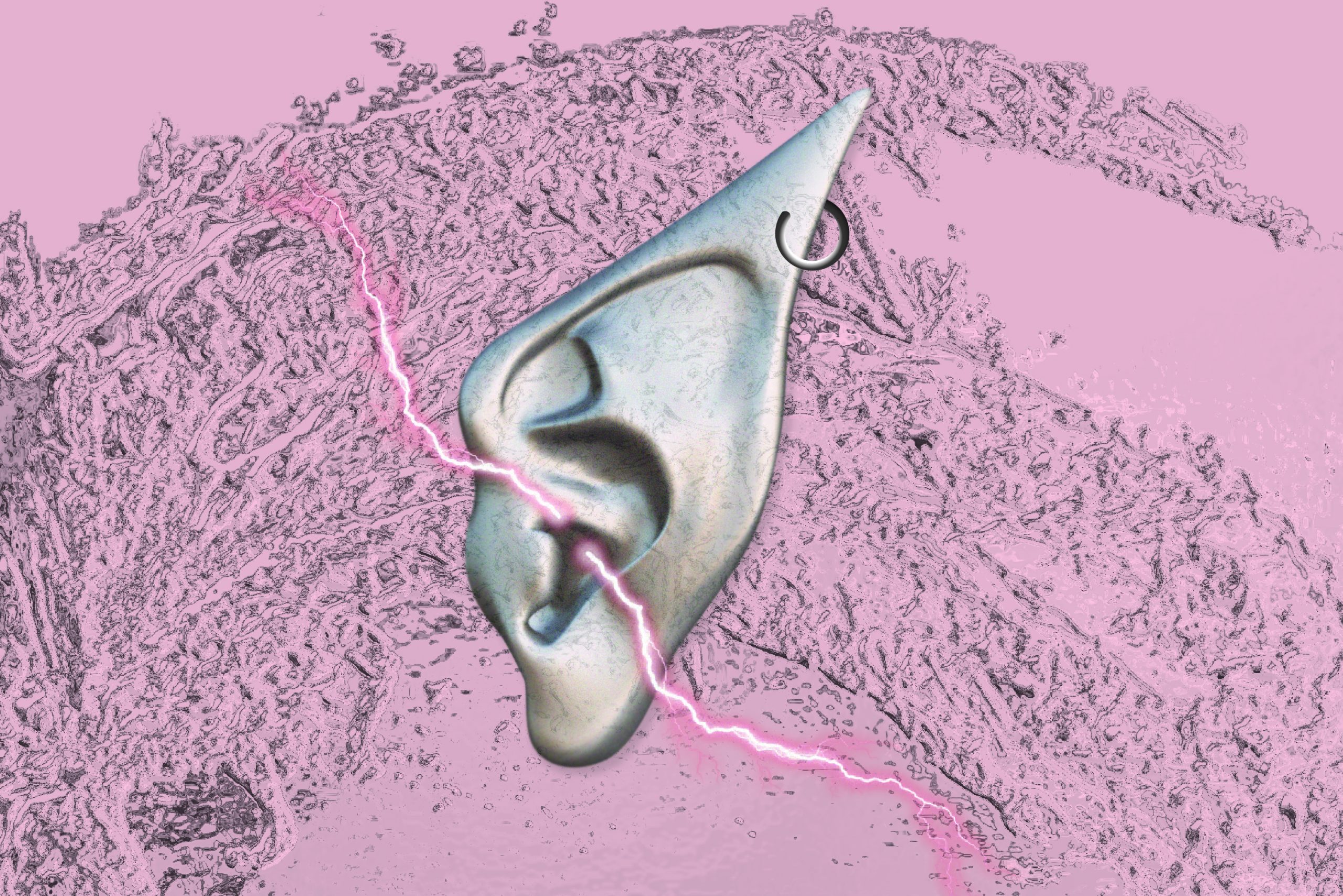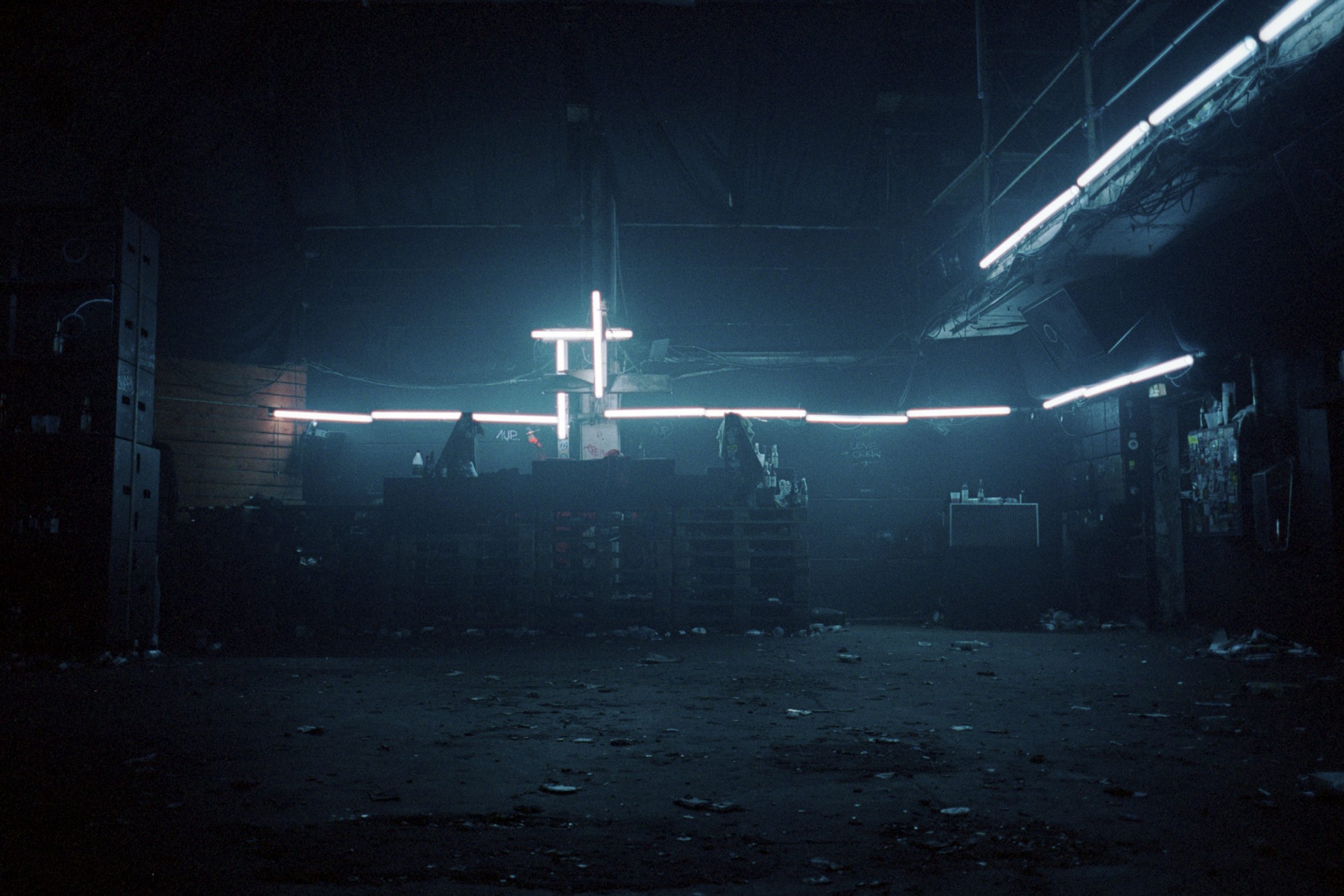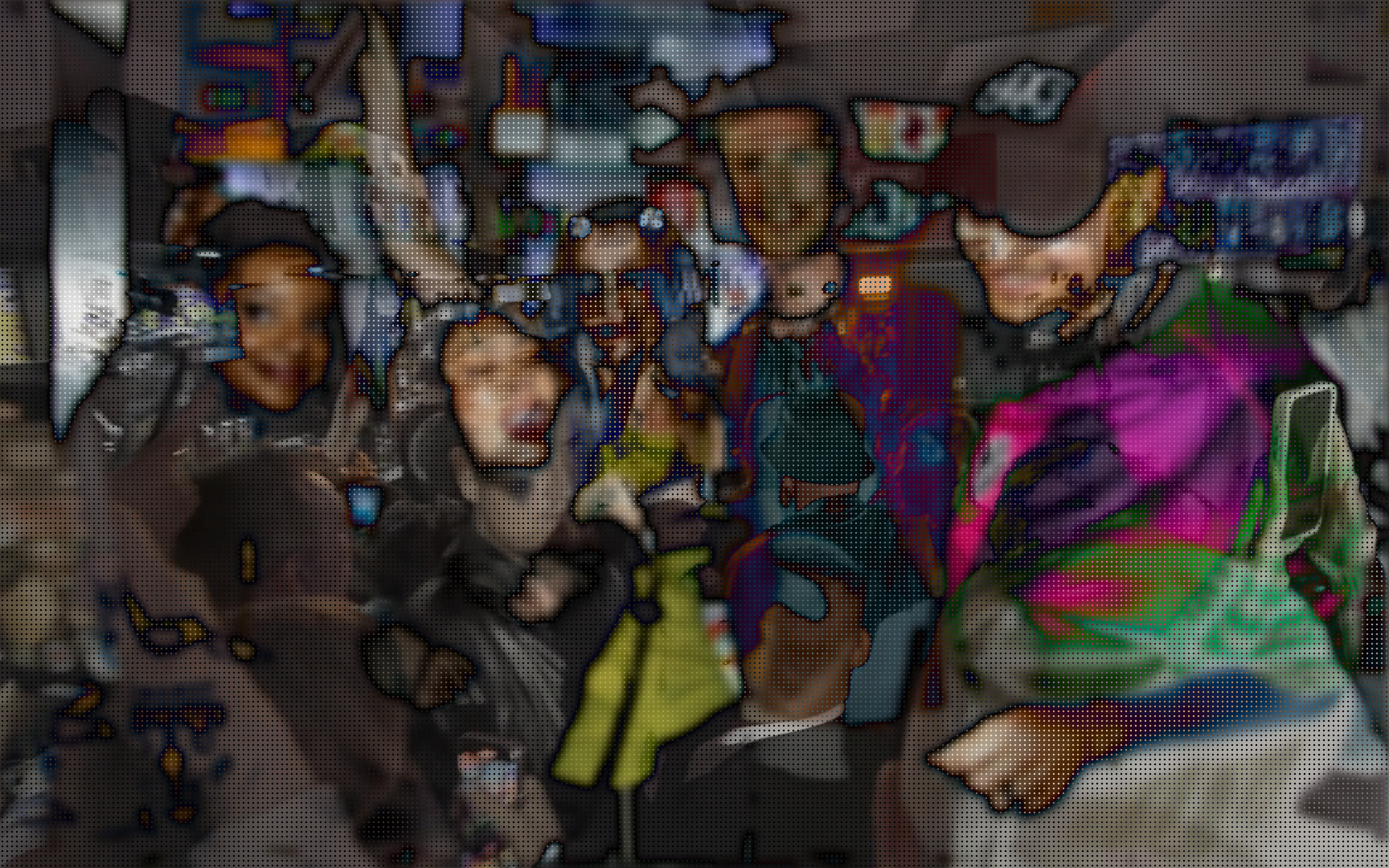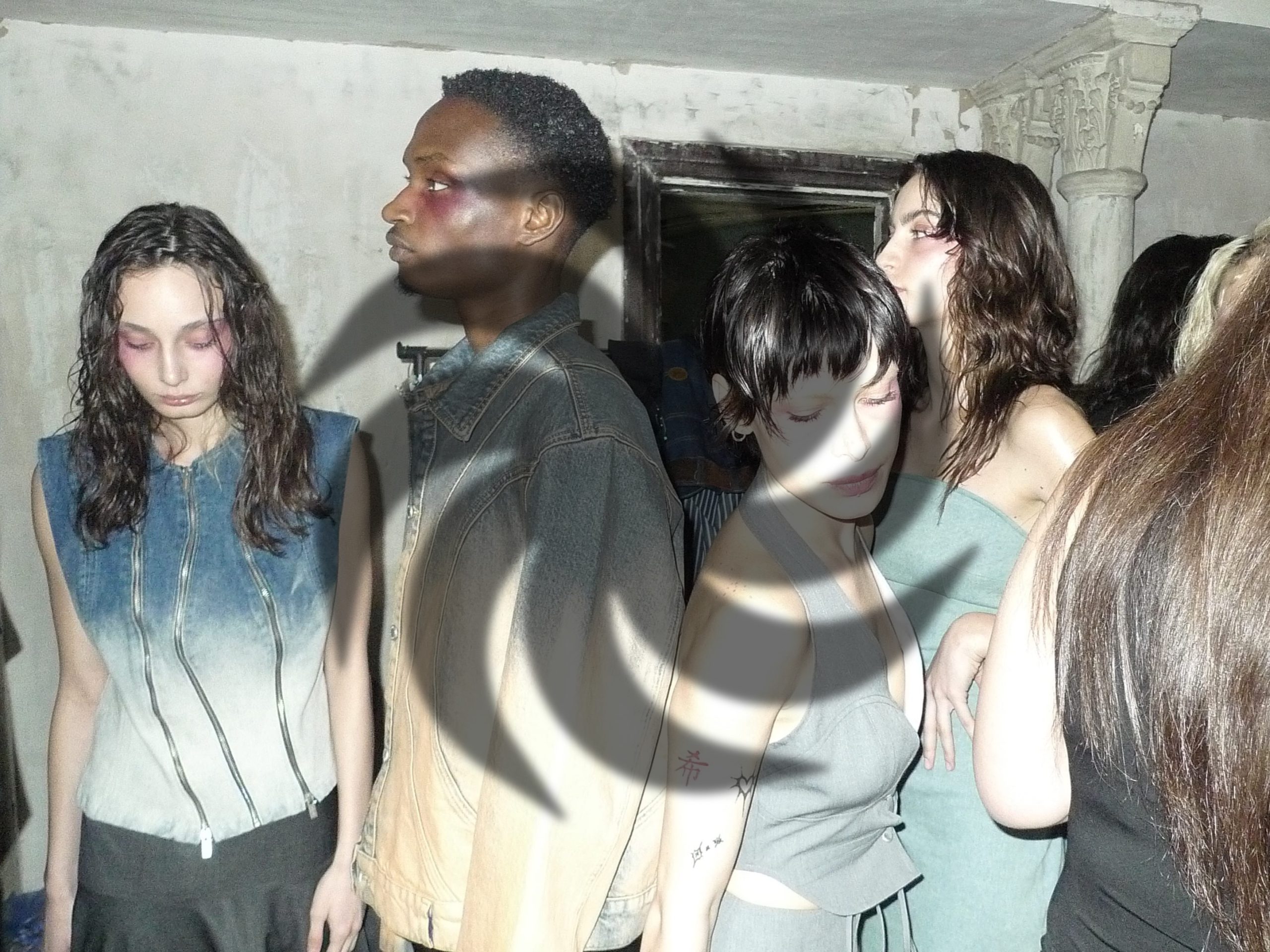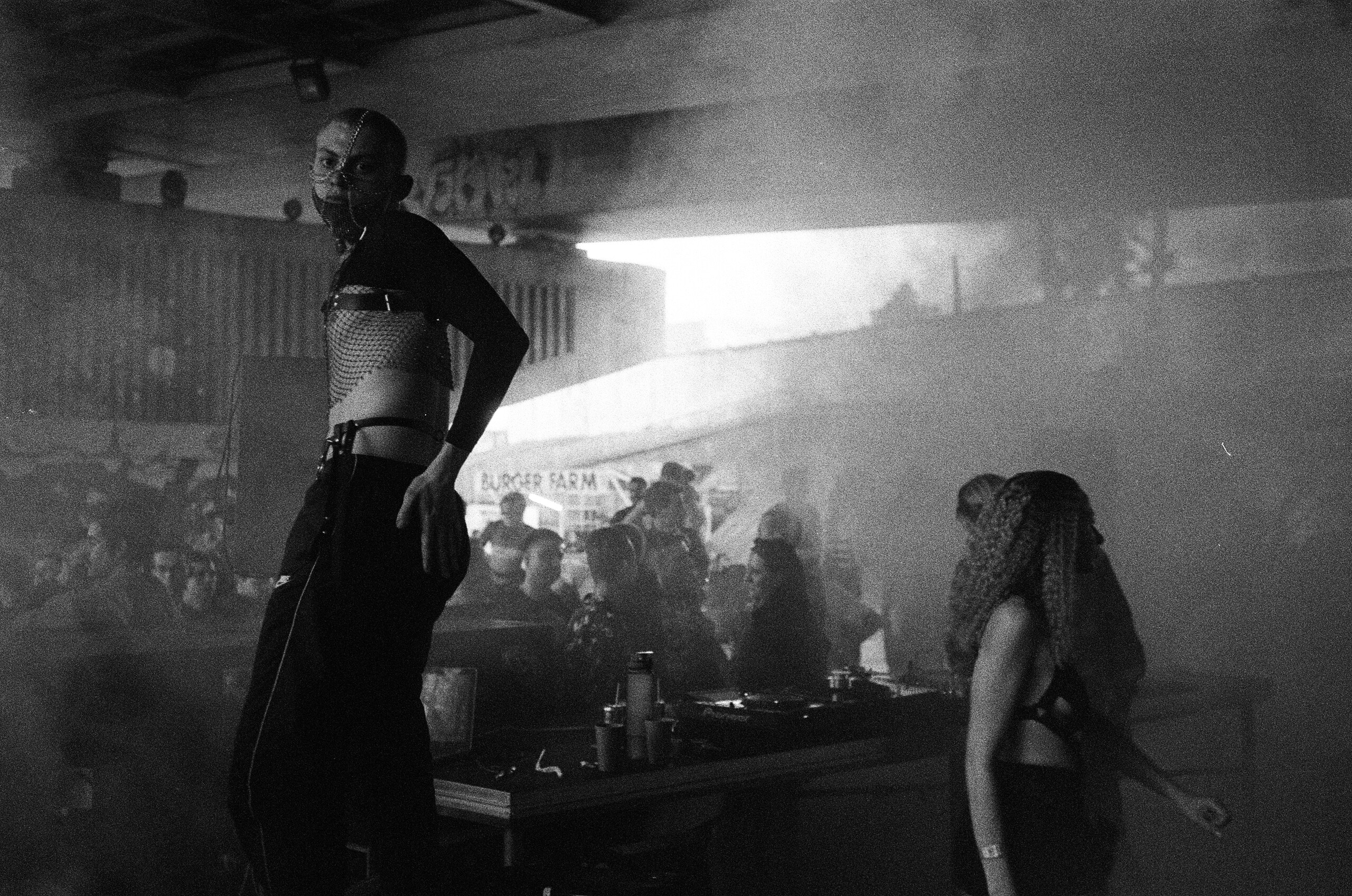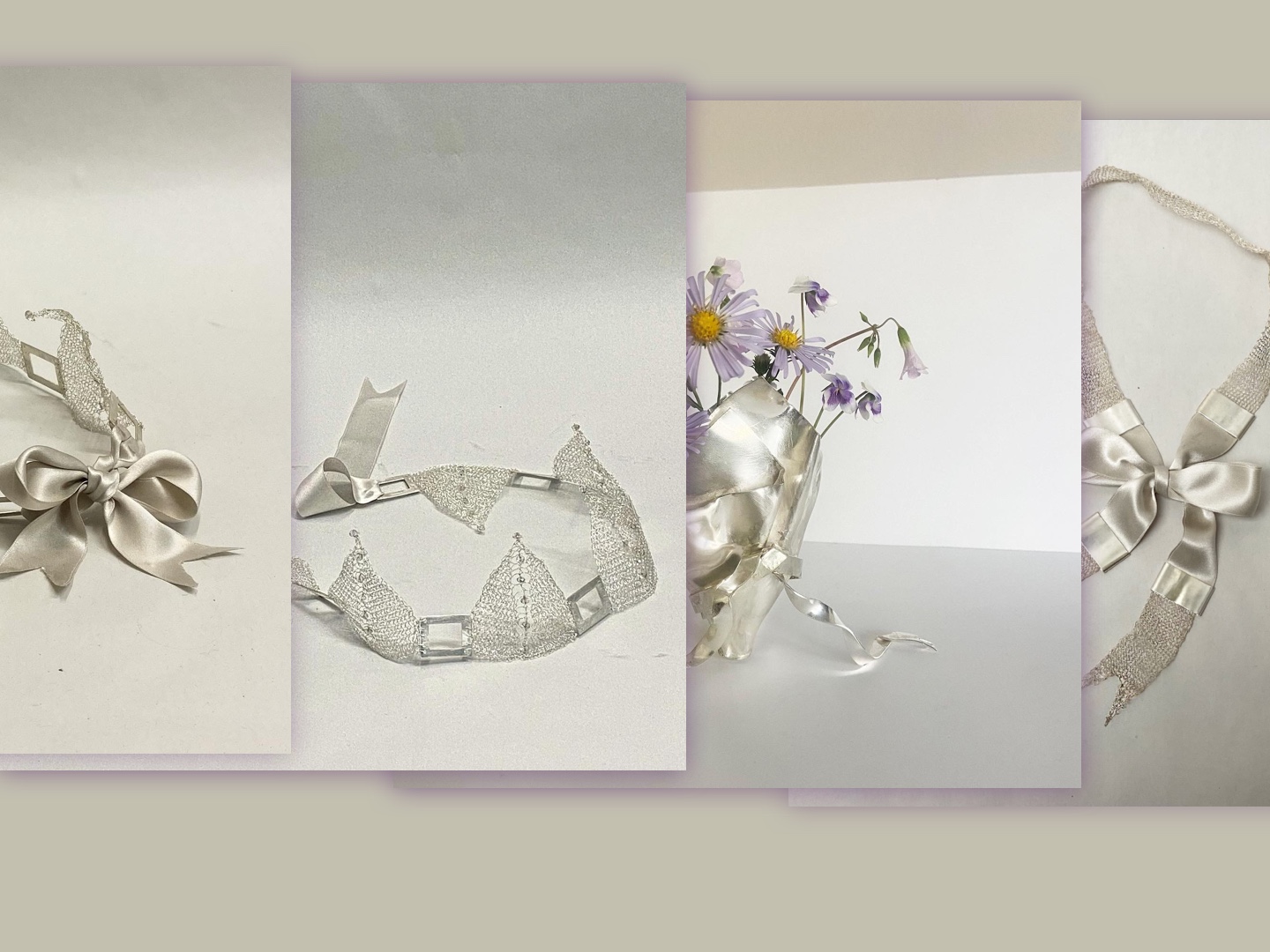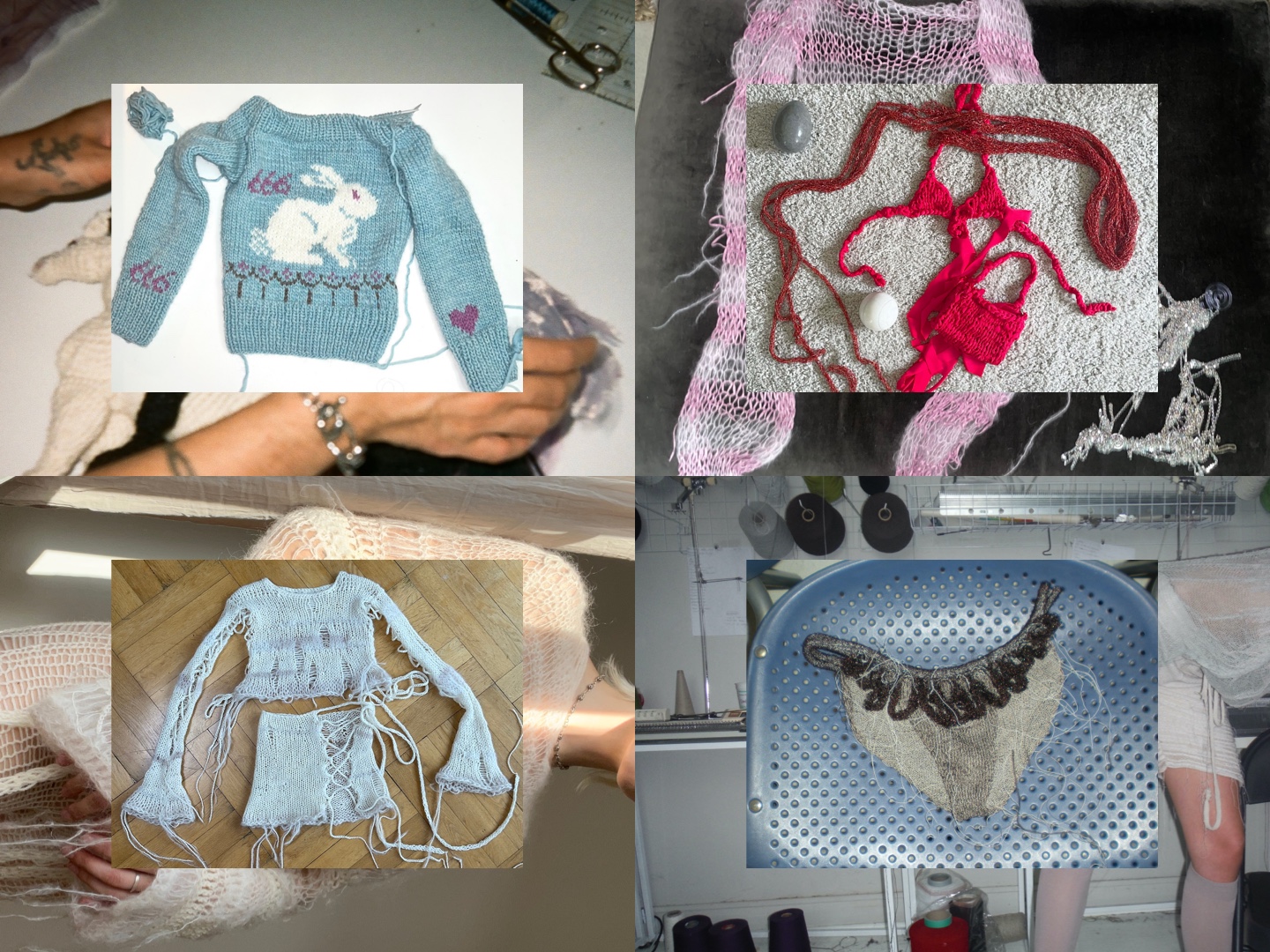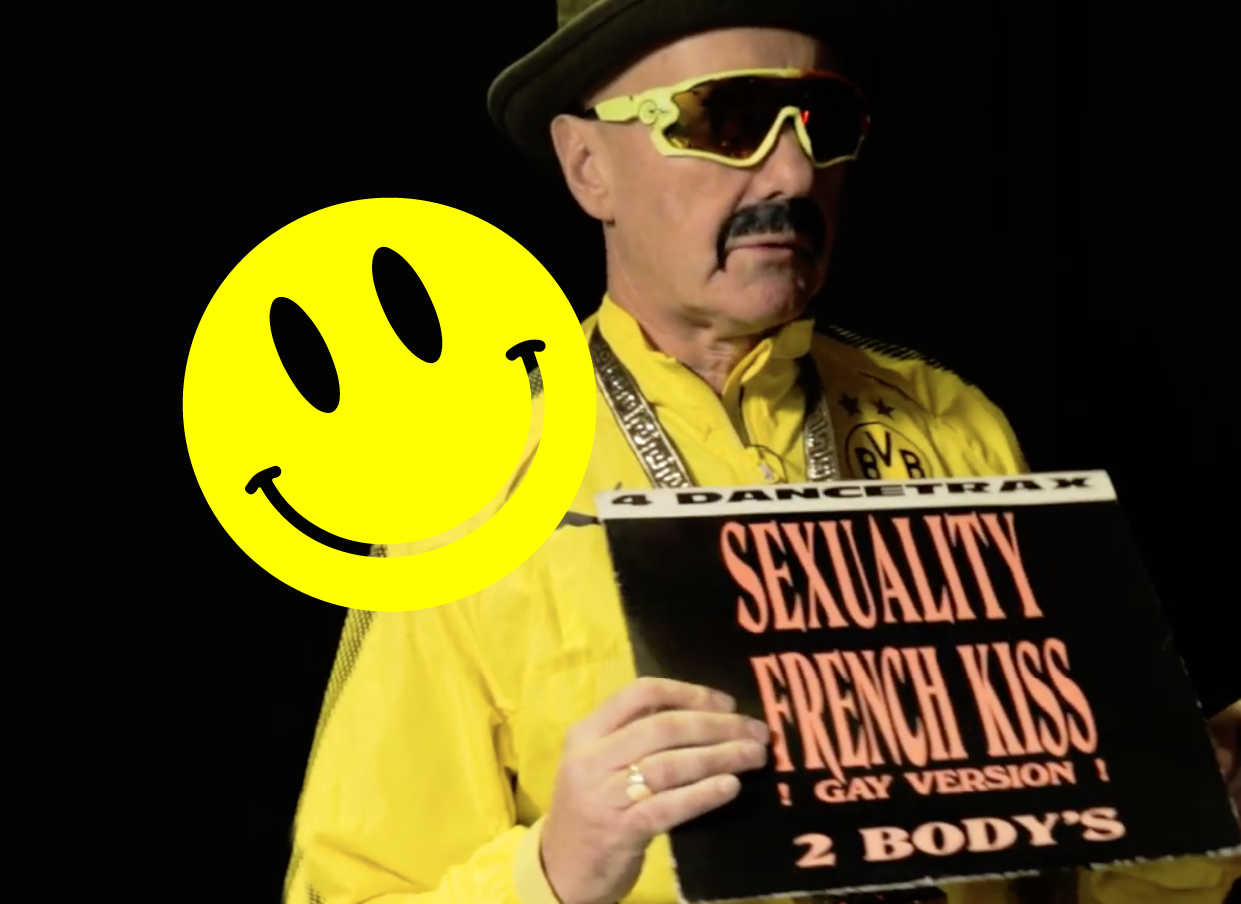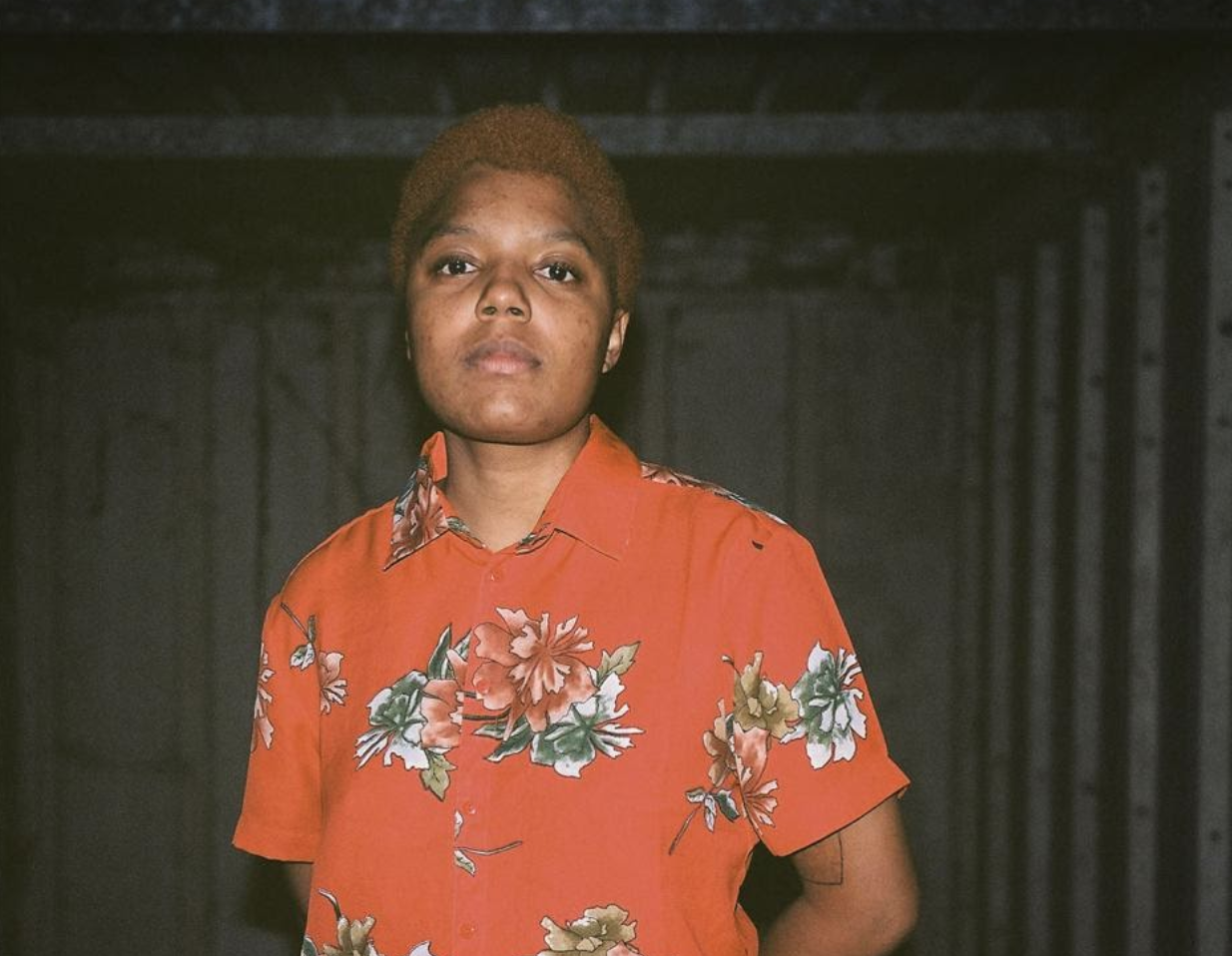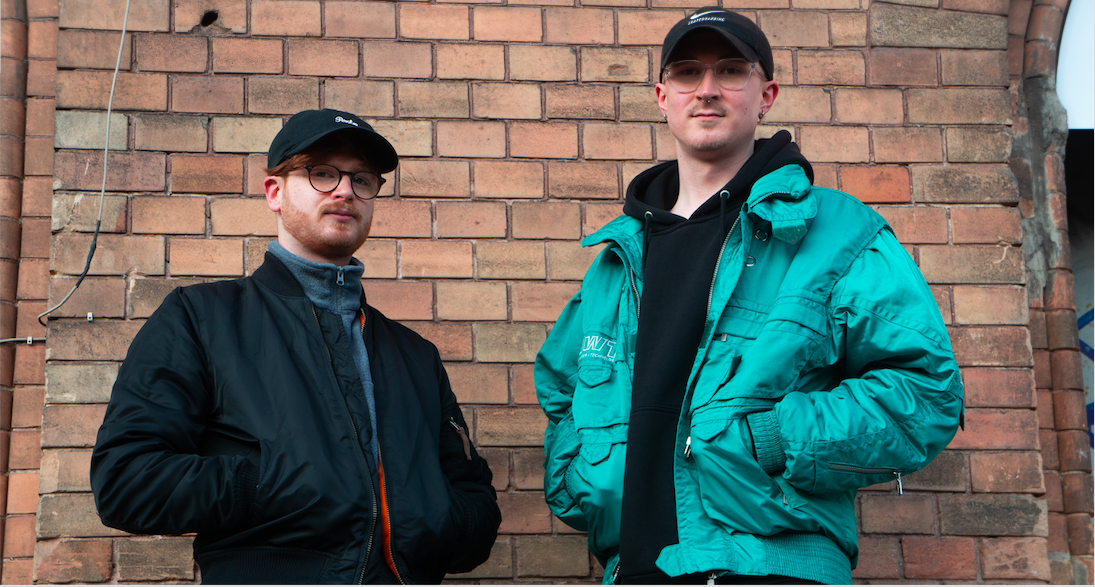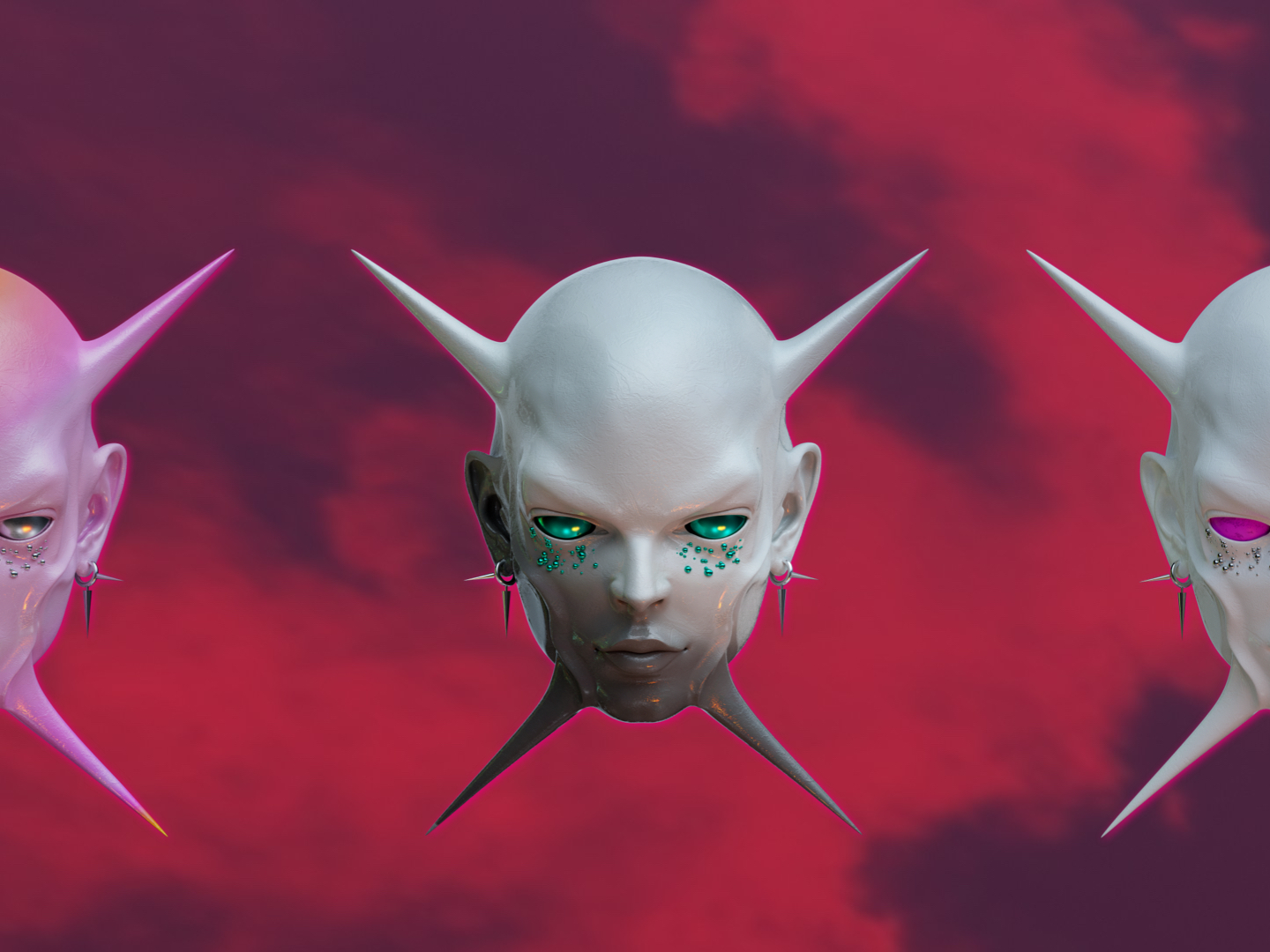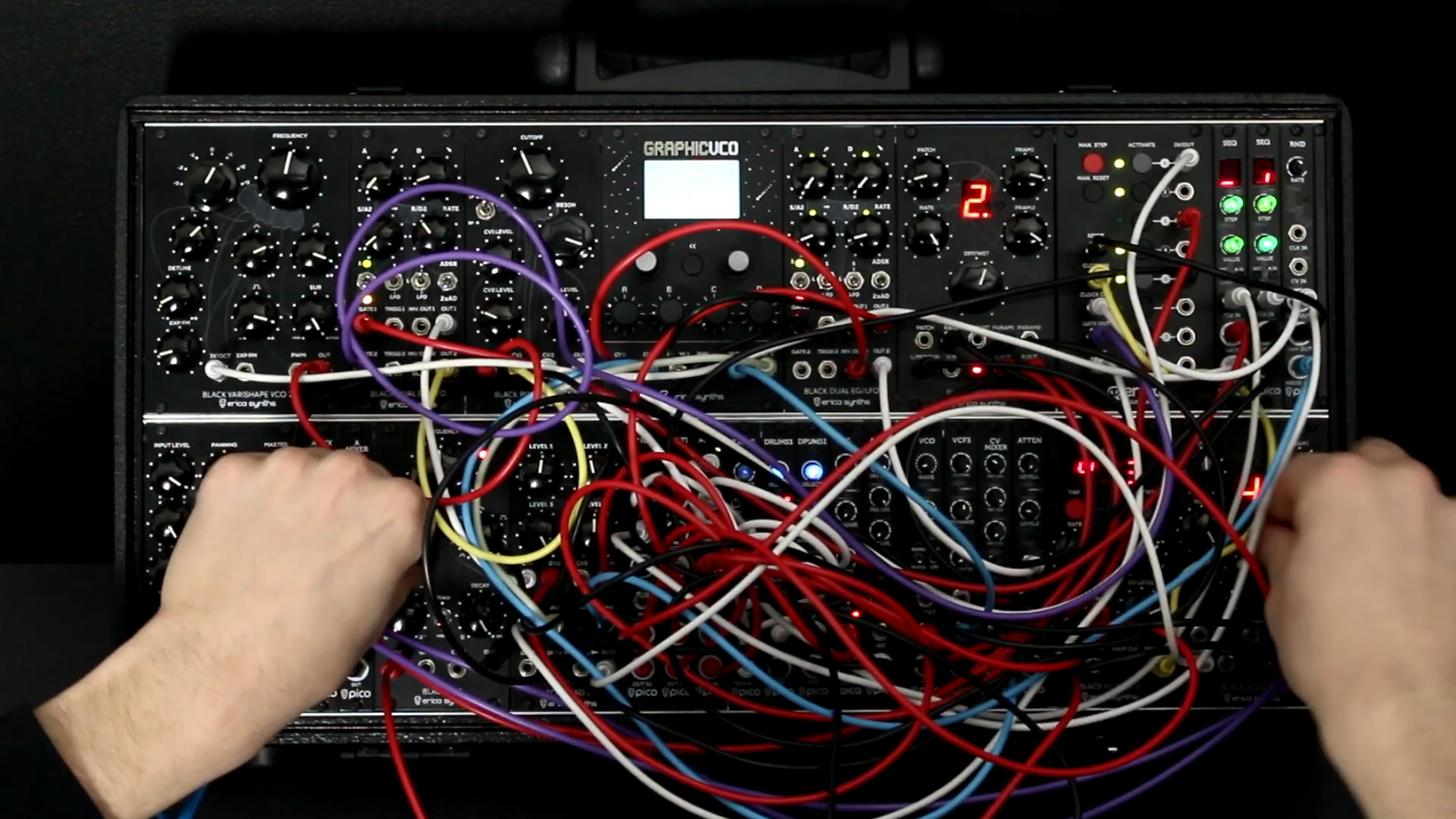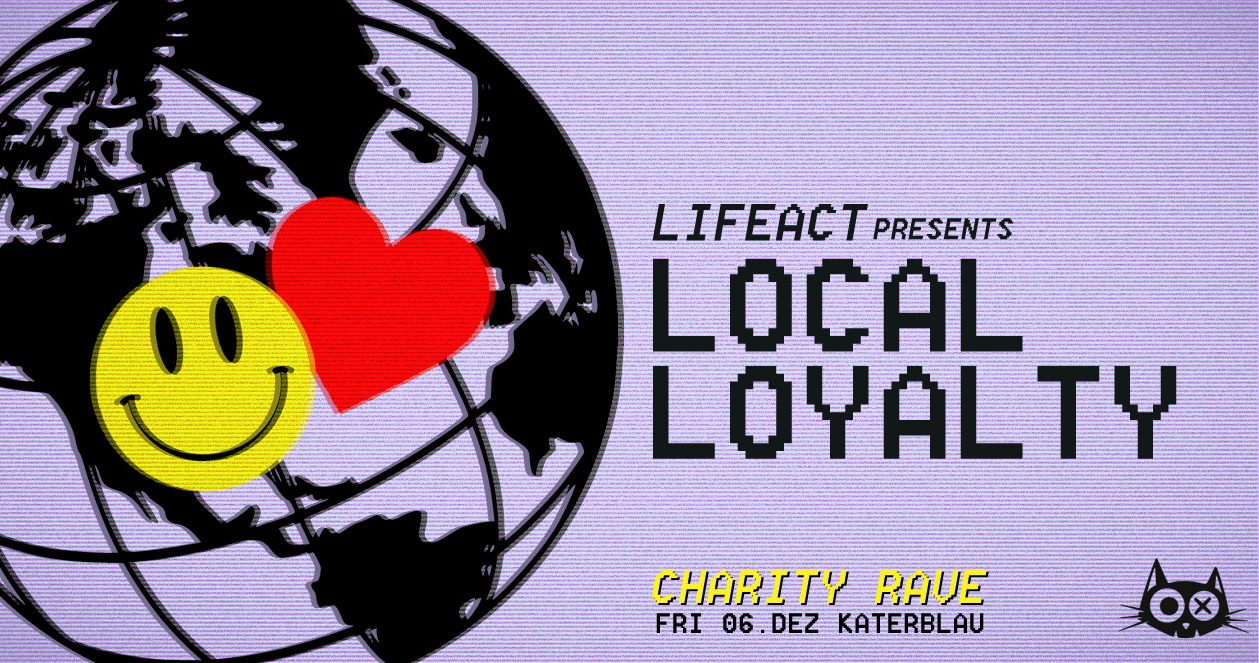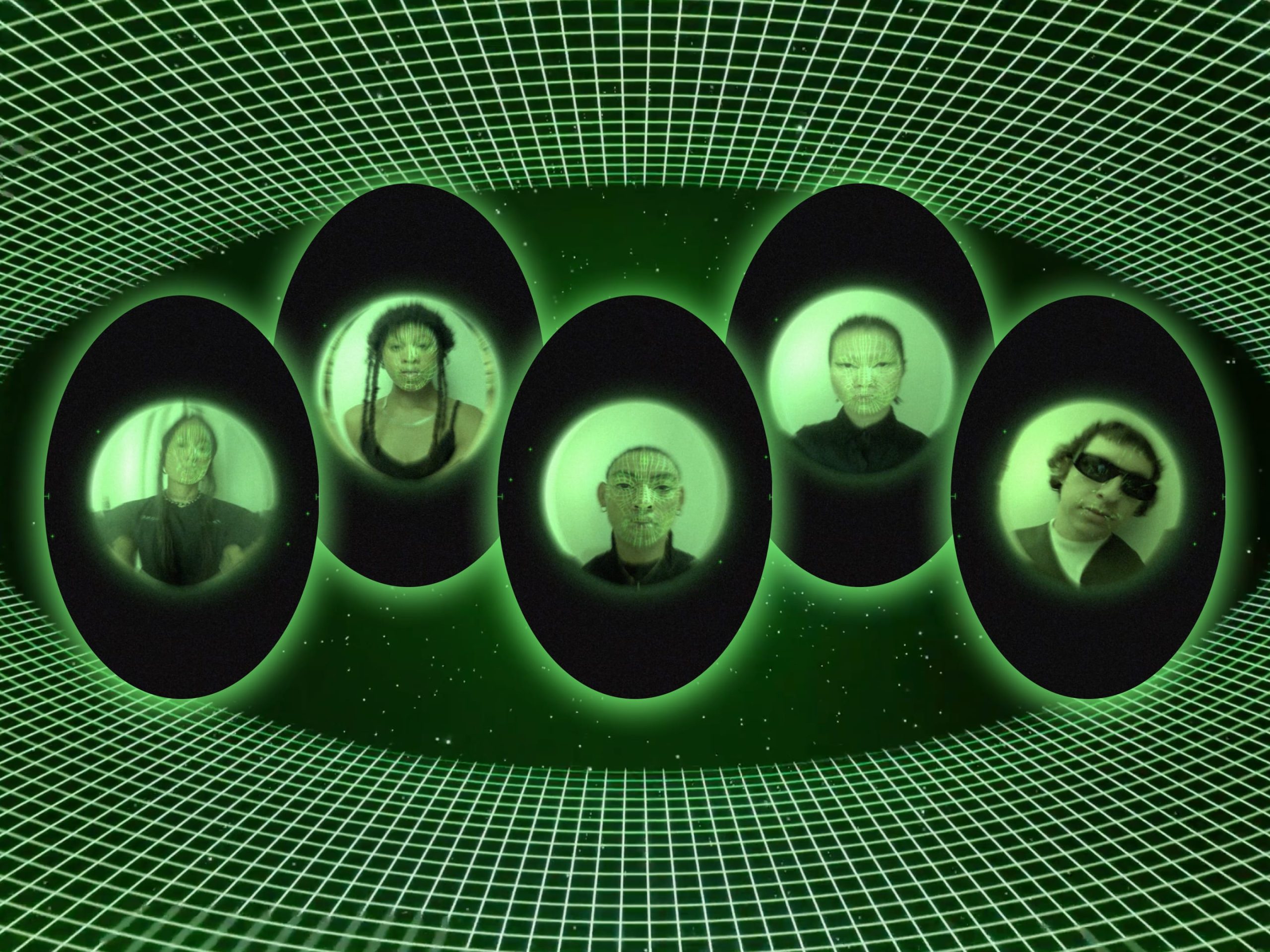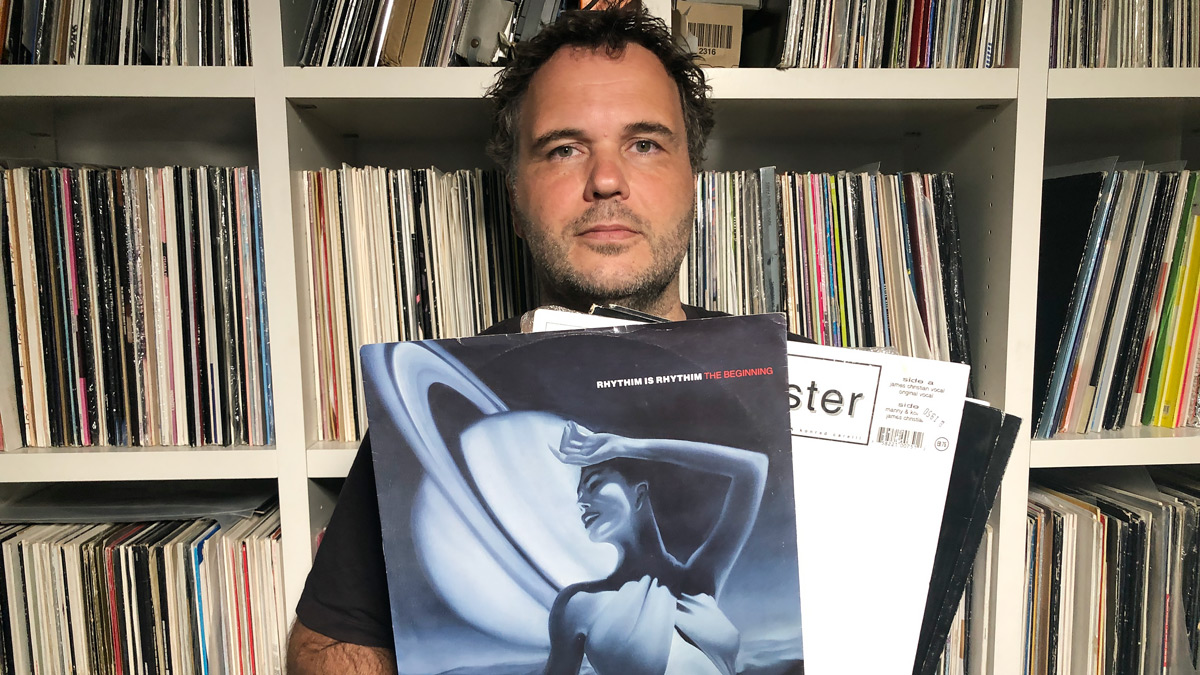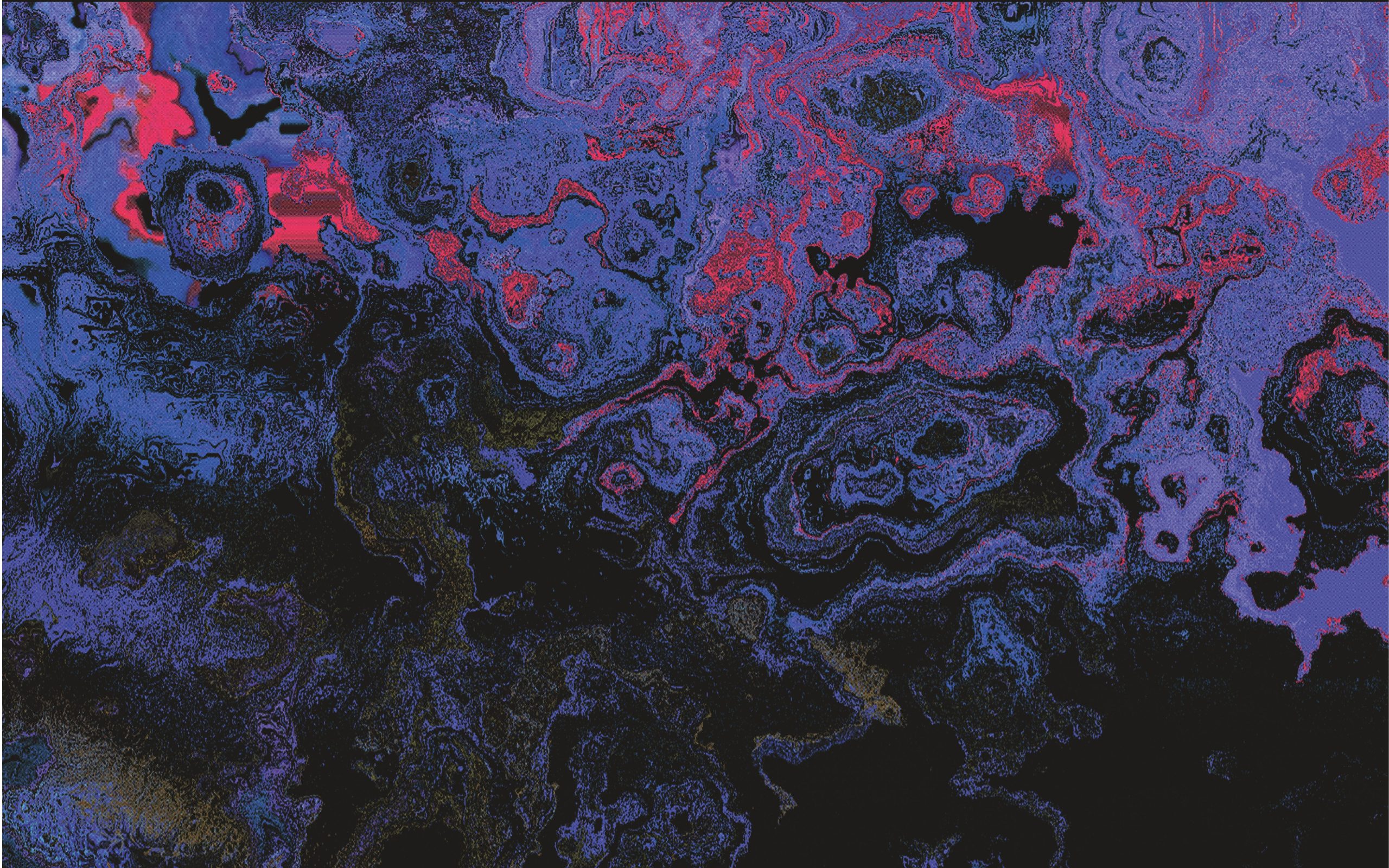Cybertwee is dreaming of a future, and it’s not the morbid one you thought it would be.
Over the past couple of years, scandals such as Gamergate have drawn a lot of industries to self-reflection on the role of women within their sphere. These questions strike at the heart of not only marginalization of women in central roles of power (including journalists), but also the disparagement of themes perceived as outside the “natural” range of certain topics, like, for example, what kind of future do we want to imagine having? A bi-product of these structural issues is that cultural products are often produced by men, for men, according to what men seem to think the future should look like.
However, there has also been a growing counterculture of artists and cultural producers—particularly within the indie gaming world—who have managed to open up an alternative conversation on these topics, using their cultural products and a heavy dose of dissident branding as a mechanism for much needed critical thinking. One of the more recent iterations of this sea change has been Cybertwee, a collective of artists who want to recover a future for women in the arts, by speculating on what a feminine sci-fi landscape might look like if all the masculine-oriented doom and gloom was stripped away. Cybertwee began in 2014 in order to “explore intersections of femininities, feelings, and technology with a focus on community and education.” A part of this change was to draft a Cybertwee Manifesto. The Guardian has an extensive piece up currently exploring the points of departure for the three drafters, Gabriella Hileman, Violet Forest, and May Waver.
“Why, they wondered, is sweetness and tenderness seen as not powerful; why is the efficiency we associate with machinery considered more valuable than empathy, mutually exclusive with it?” the article asks, “Thus the “Cybertwee” movement was born – a deconstruction of cyberpunk, coupled with a nod to “twee” music, which in the 1980s and 1990s acted as a “soft” backlash against the sneering, aggressive tones of punk.”
Read the article and then feast your eyes and ears on this documentary of vaporwave. Read about the women killing it with their work in online radio.





